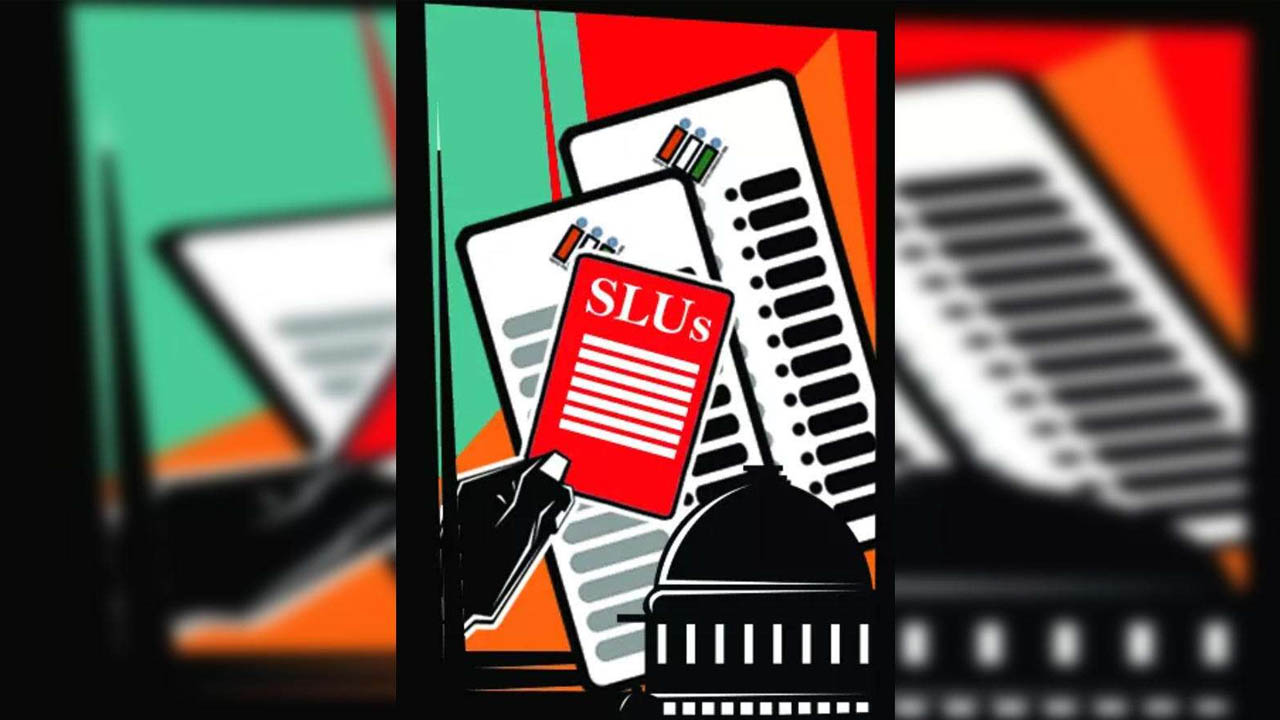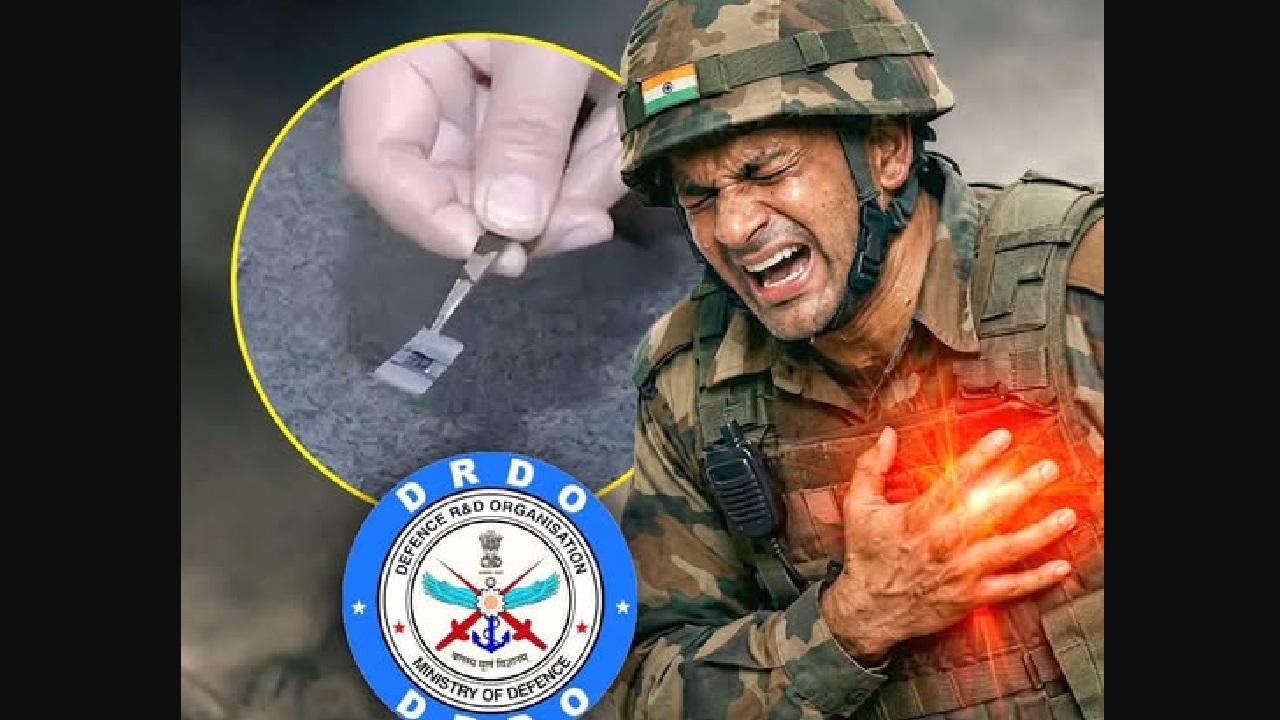In a significant development, the Election Commission of India (ECI) has revised its protocol for the handling and storage of ‘symbol loading units’ (SLUs) of Electronic Voting Machines (EVMs) and Voter Verifiable Paper Audit Trail (VVPAT) systems. This revision comes in response to directives from the Supreme Court, urging enhanced transparency and security in the electoral process. Here’s a breakdown of the key elements:
ECI’s New Protocol Implementation:
The ECI has issued a new protocol for the handling and storage of SLUs, complying with the Supreme Court’s order dated April 26. All state chief electoral officers have been instructed to establish the necessary infrastructure and provisions to enforce the new protocols effectively.
Supreme Court’s Mandate:
The Supreme Court directed the sealing and storage of symbol loading units and allowed for the verification of microcontrollers embedded in EVMs upon the request of candidates who secure second and third positions. Effective from May 1, symbol loading units are to be sealed and secured in a container, stored alongside EVMs in a strongroom for a minimum of 45 days post the declaration of election results.
Definition and Function of Symbol Loading Units:
Symbol Loading Units are responsible for uploading the names and symbols of candidates contesting a particular seat onto VVPAT or paper trail machines. They play a crucial role in ensuring the accuracy and transparency of the electoral process, allowing candidates or their representatives to observe the symbol loading process on a TV monitor.
Previous Practices and Changes:
Before the Supreme Court directive, SLUs were transferred to local election officials by engineers from Bharat Electronics Limited (BEL) or Electronics Corporation of India Limited (ECIL). Following elections, SLUs were traditionally returned to engineers from these public sector units within a day. EVMs and VVPAT slips were stored for 45 days after the declaration of election results, during which individuals could file election petitions in relevant high courts challenging the outcome.
The implementation of these new protocols marks a significant step towards reinforcing the integrity and transparency of the electoral process in India. By adhering to the Supreme Court’s directives, the Election Commission aims to enhance public confidence in the electoral system and ensure that election outcomes accurately reflect the will of the voters. These measures underscore the commitment to upholding democratic principles and safeguarding the electoral process against potential malpractices and discrepancies.








